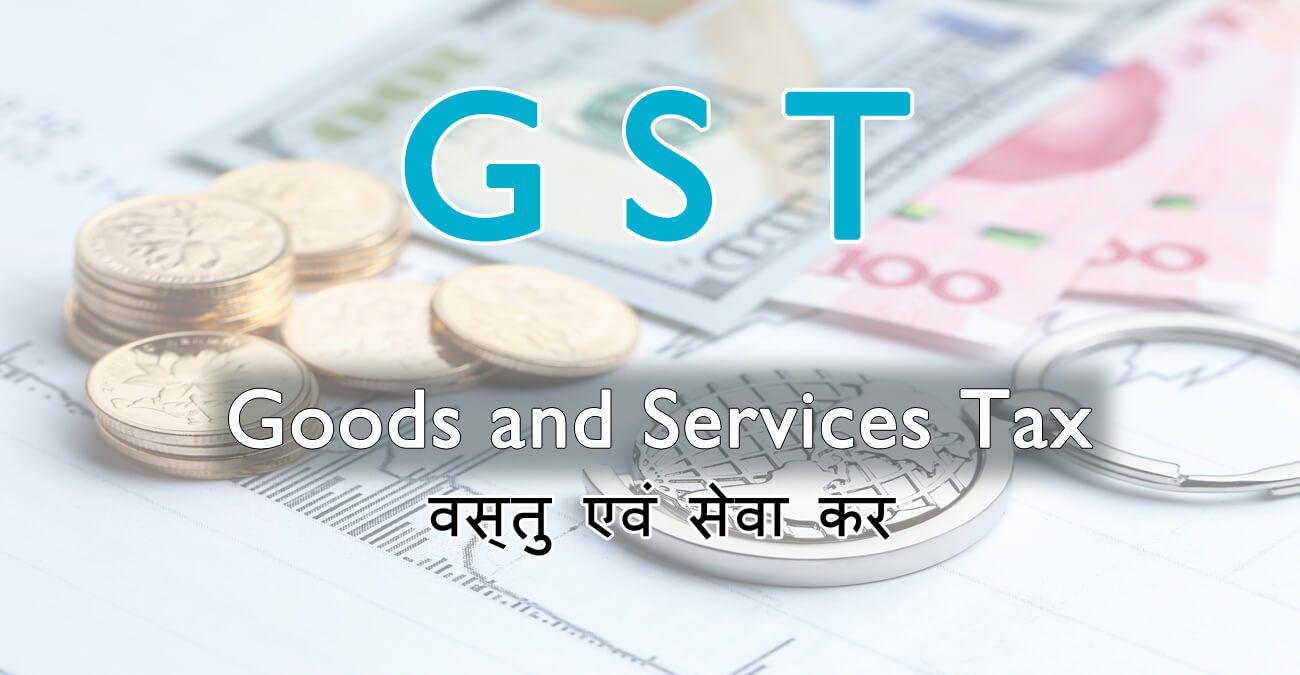Impact of GST on Indian Bloggers, Affiliates and Online Service Providers
Bharatwa Editor
. 4 min read

Long awaited single indirect tax structure in the form of the Goods and Services Tax (GST) is on the table now. It will cover almost all the states and almost all the businesses, blogging too. Until now, blogging community was spared and they were mostly enjoying the hassle-free exempted work-field. GST shall mandate every person including the bloggers to register otherwise heavy penalties may follow.
Why GST Application is Being Considered as Historic
Also Read:
1. How will GST Impact Government Decision Making, Functioning, Work Culture, and Environment?
2. What is GST? All About Goods and Services Tax, Rate Lists
Post independence, GST is the biggest tax reform in the history of taxation, it is expected to make remarkable changes in the current tax system and will speed up economic growth of the country. Prime minister Narender Modi has Already stated on this ‘one Nation one Tax as’:
The roll out of the GST from July 1 will be historic. It will set an example for the world.
Earlier Taxation system was unorganized and divided and there were many types of taxes as VAT, CST, Service Tax, Excise Duty, Customs Duty on import, Other Local Taxes, which were controlled by many systems and offices. Tax System had many loopholes which were one the contributing factors to corruption, black economy, Inspector Raj, exploitation of taxation system and exploitation by corrupt authorities.
But with the help of technology and strong leadership one nation one tax policy is before us. GST will also change online shopping experience from July 1st, 2017.
GST will impact Indian Bloggers, Affiliates or Online Service providers in India and those exporting online services to outside of India
Perhaps, all the internet companies have a blog to display information or content management system to establish an earning source, they publish useful content to drive traffic and then convert it to advertisement income. Section 24 of the Central GST Act clearly states that every person who is earning any income from outside the state or outside the country is required to get GST registration.
Who must have GST
Any Person or Company in states of Arunachal Pradesh, Assam, Jammu and Kashmir, Manipur, Meghalaya, Mizoram, Nagaland, Sikkim, Tripura, Himachal Pradesh and Uttarakhand with the aggregate turnover of more than Rs. 10 lakhs.
Or
Any Person or Company in any other (not mentioned above) state with aggregate Turnover of more than Rs. 20 lakhs. Any person including bloggers who are generating income from outside India less than the above exemption limit shall not apply.
Online Incomes to be Taxed under GST
Also Read:
1. GST’s Red-carpet Entry: Understanding Profit and Loss of Implementation
2. This is how RSS has been Misrepresented for political scores
Whether Individual, Partnership firm or Company making money from Google Adsense, Hosting Affiliates, Amazon and other Shopping website commissions, Sale of Website Ad slots to particular person or company, Referral Incomes or Any income which has not been covered above but earns from online resources with online Transaction medium. Most of the online activities come under the umbrella of GST.
Type of Online Incomes under GST
Online Incomes are divided into 2 parts:
- Income received inside India - In ordinary language that Income which you receive in Indian Rupee.
- Income received from outside India - That Income which you receive in Dollar, Pound, Euro or Any other foreign currencies.
GST Obligations related to above said Two Incomes
Online Income From Indian Resource : If you are making money or earning income through Indian resources and from Indian sources or getting paid by Indian clients in India, further falling under the above prescribed GST limit of 10 lakh or 20 lakh then you must have GST registration; in such case, your GST number should be provided to your employer or client, so that he can deduct tax as per applicable GST Rate (12 % or 18 %) based on services or Goods mentioned in GST rate chart.
Online Income from Foreign Resources: Incoming Foreign remittances may be construed as exports of services and therefore you may be liable to pay GST for this. The limit is same for GST as that is for domestic remittances (10 Lakh and 20 Lakh), however, everyone must apply for GST if you have less Income too; the reason is very simple:
nothing is taxable from foreign incomes but still, money has to be routed which will be refunded to you. With GST govt. not only charging taxes but also using GST as tracking process through which every transaction will be displayed on govt. board. Before 1st July 2017, no indirect Tax is applicable on foreign Incomes and after 1st July to it will remain exempt.
Previously it was covered under Export of Services which were exempted from Service Tax. But now as the system has changed therefore everything will go through GST Tunnel only. If you are in GST limit then whatever amount you receive from Online resources (Google Adsense, Affiliates, Services or Other ) You have to deduct GST by own which has to be submitted to Govt and you will be responsible for compliance.
Understand GST for online income through Example
Let’s take a scenario when you are earning Rs 200,000/- ( around $3400 ) per month online. Total GST applicable will be: 2,00,000 x 18% = Rs 36000/- Now Rs 36000/- should be tax deducted by you and you are liable to submit said amount to Govt. through GST account dashboard by online payment.
Here you might be thinking that when Export services are exempted from indirect Tax then why you will be paying Rs 36000/- as GST? Please rest assured, if Govt will take Rs 36,000/- then same will be refunded to you within 7 days of filing GST return of every proceeding month. As stated earlier Govt has made a GST Tunnel track Financial Transactions.
The Penalty for Non-Compliance of GST
Also Read:
1. GST Will Impact Everyone – Whether it’s Taxpayer or Non-Taxpayer
2. GST- The best Tool to reduce Corruption, Increase Government Efficiency through Technology
If any person fails to comply GST rules, then he shall be liable for following penalties: For No Registration – Up to Rs.25,000 For no return filing – Rs.100 per return per day.
You can also explore following links: GST Act Schedule of GST Rates
More Stories from
15 Pakistani Movies That Will Make you Forget Bollywood
We have compiled the ultimate list of top 15 Pakistani movies that you shouldn't miss, these left a greater social impact.
Film Mafia, Fueling the Fire and Enraging Masses
Film Mafia of Bollywood is Fictionalizing history, Rubbishing Religion, Promoting Anti-National Spirit, Mocking Hindu Gods, Award Wapsi and Intolerance drive
How did India respond to Donald Trump's 25% tariff penalty on India?
Trade tensions between the United States and India have sharply increased as a result of this recent development. Know how India responds to Donald Trump's 25% tariff penalty on India.
Geoffrey Hinton's AI Warning: The Most Dangerous Invention Ever
AI is both beneficial and dangerous, depending on how it is developed, deployed, and regulated.
Unbelievable Facts about World History that will surprise you
Human history and the natural world are filled with mysteries, marvels, and strange truths that challenge our understanding. In this article, we will explore some unbelievable facts about world history.





